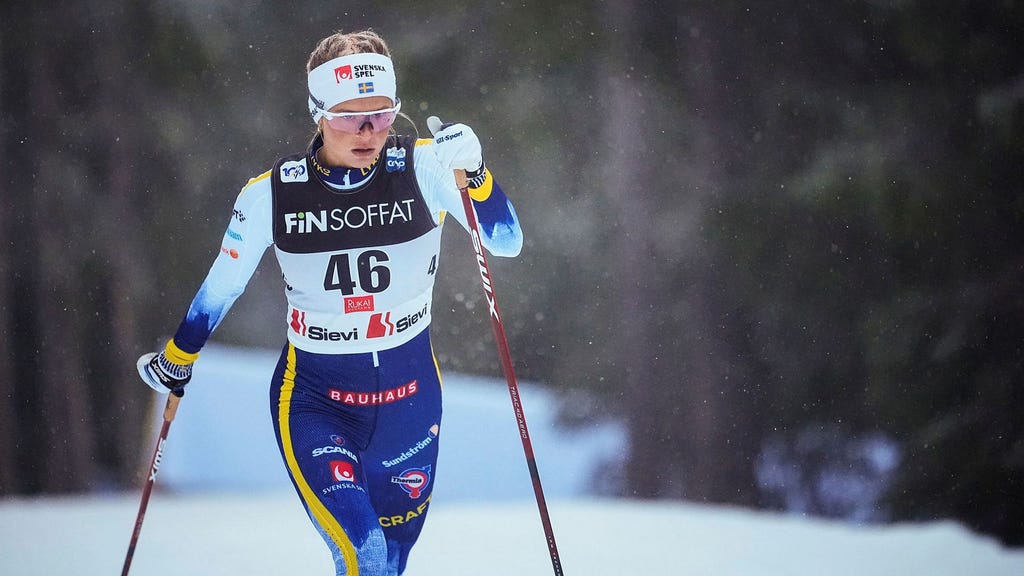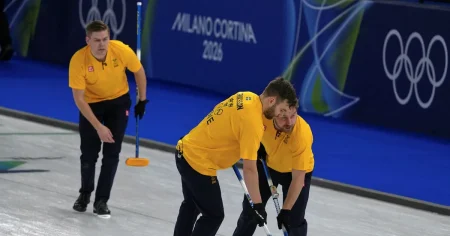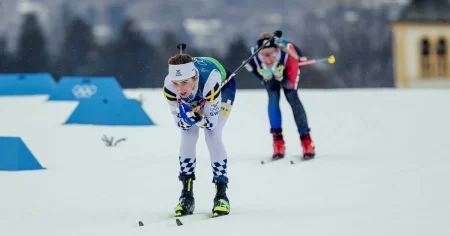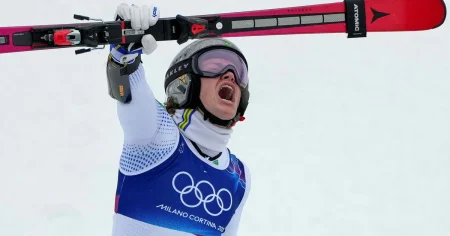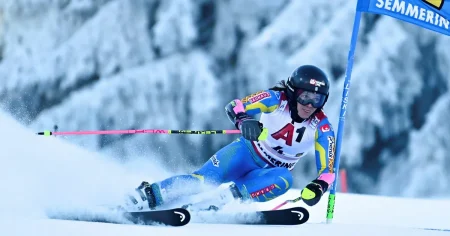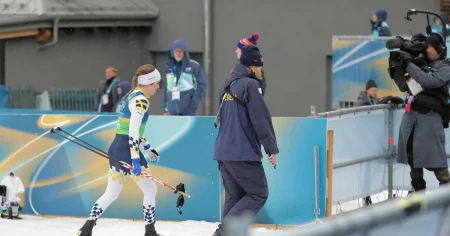Frida Karlsson’s absence from the Davos World Cup race adds another layer of complexity to the unfolding narrative of her season. This decision, while seemingly abrupt, follows a previously established plan to prioritize rest and recovery, underscoring a deeper strategy at play within the Swedish ski team’s approach. The Lillehammer World Cup, where Karlsson competed in just a single race, served as a crucial checkpoint in assessing her physical state and refining the training plan leading up to the World Championships. This measured approach suggests a long-term vision focused on peaking at the most crucial competitions, rather than chasing immediate results on the World Cup circuit. By selectively participating in races, Karlsson and her team are aiming to carefully manage her energy levels and minimize the risk of burnout or injury, ultimately maximizing her chances of success on the biggest stage.
The decision to bypass Davos, a challenging high-altitude course, demonstrates a commitment to prioritizing Karlsson’s individual needs and recognizing the importance of tailored training regimes. High-altitude races place significant strain on the body, and given Karlsson’s earlier struggles with health and energy management, this cautious approach emphasizes a long-term perspective. Choosing to focus on lower-altitude training allows her to consolidate her fitness base without the added physiological demands of Davos. This personalized strategy reflects a growing trend in elite sports towards individualized training plans that cater to each athlete’s specific strengths and weaknesses. The Swedish team’s willingness to adapt the competition schedule suggests a data-driven approach, potentially incorporating physiological markers and performance data to inform decision-making.
Karlsson’s trajectory this season has been marked by a careful balance between competition and recovery, a pattern that highlights the increasingly intricate science underpinning elite cross-country skiing. The sport’s demanding nature necessitates a meticulous approach to training, nutrition, and rest, with athletes constantly seeking the optimal balance to maximize performance. Karlsson’s case exemplifies this intricate interplay, as her team delicately navigates the challenges of maintaining competitive sharpness while simultaneously prioritizing long-term health and sustainability. This approach contrasts with the traditional model of relentless competition, recognizing that sustained success requires a holistic understanding of an athlete’s physiological and psychological needs.
The implications of this strategic approach extend beyond Karlsson’s individual performance, reflecting a broader shift in the competitive landscape of cross-country skiing. As the sport becomes increasingly professionalized, teams are employing more sophisticated methods to gain a competitive edge. This includes a greater emphasis on sports science, individualized training plans, and data-driven decision-making. The Swedish team’s approach with Karlsson exemplifies this trend, demonstrating a willingness to deviate from conventional racing schedules to optimize performance outcomes. This data-driven approach highlights the growing influence of technology and analytics in shaping training strategies and competition schedules.
Looking ahead, Karlsson’s performance at the World Championships will serve as the ultimate test of this carefully calibrated strategy. The success or otherwise of this approach will likely influence future training plans and competition schedules, not only for Karlsson but potentially for other athletes within the Swedish team. Her results will provide valuable insights into the effectiveness of prioritizing individualized training and targeted race participation over a more traditional, competition-heavy schedule. The World Championships will be a crucial moment for Karlsson to demonstrate the benefits of her tailored training regime and validate the strategic decisions made throughout the season.
In conclusion, Frida Karlsson’s absence from the Davos World Cup should be viewed not as a setback but as a strategic maneuver within a larger plan. It underscores a shift towards individualized and data-driven training methodologies in elite cross-country skiing. By prioritizing long-term development and carefully managing her energy levels, Karlsson and her team are betting on a peak performance at the World Championships. The success of this strategy will be closely scrutinized, potentially shaping future approaches to training and competition within the sport. The World Championships will serve as the ultimate proving ground for this calculated approach, offering a crucial test of whether prioritizing long-term gains over short-term results can deliver championship success.





